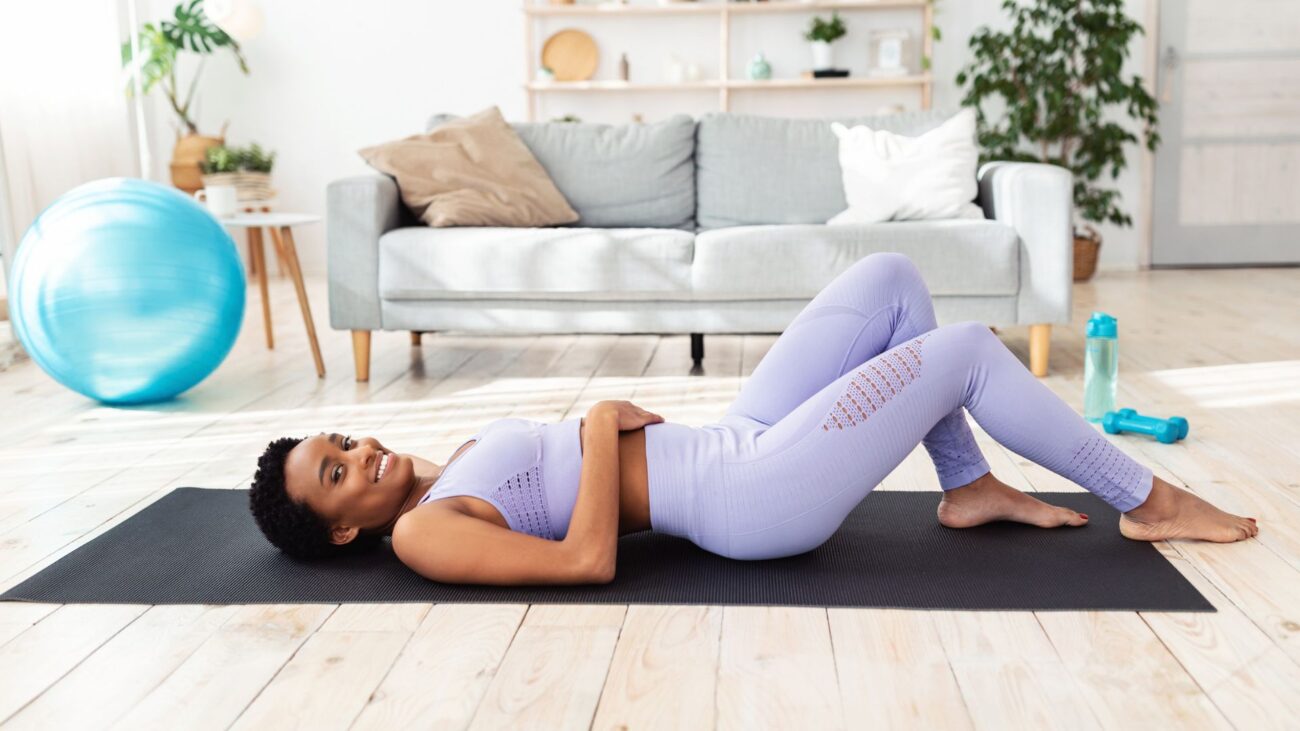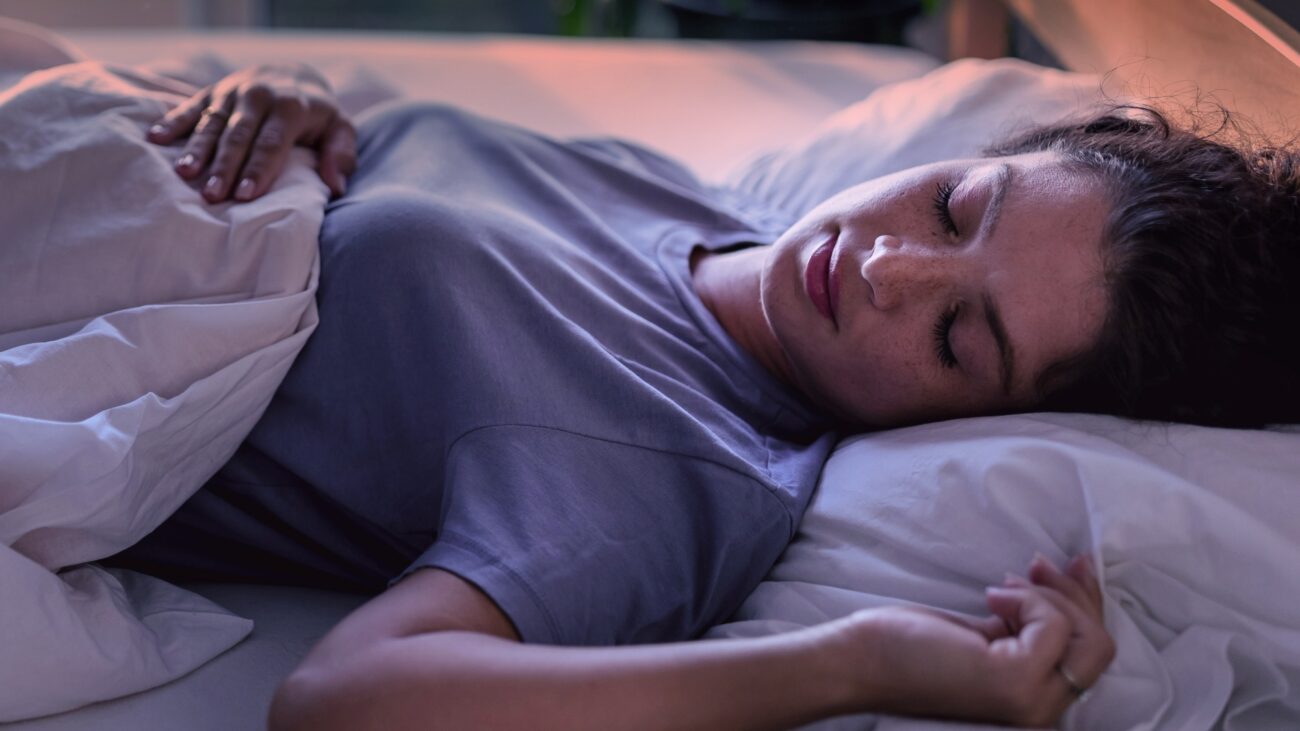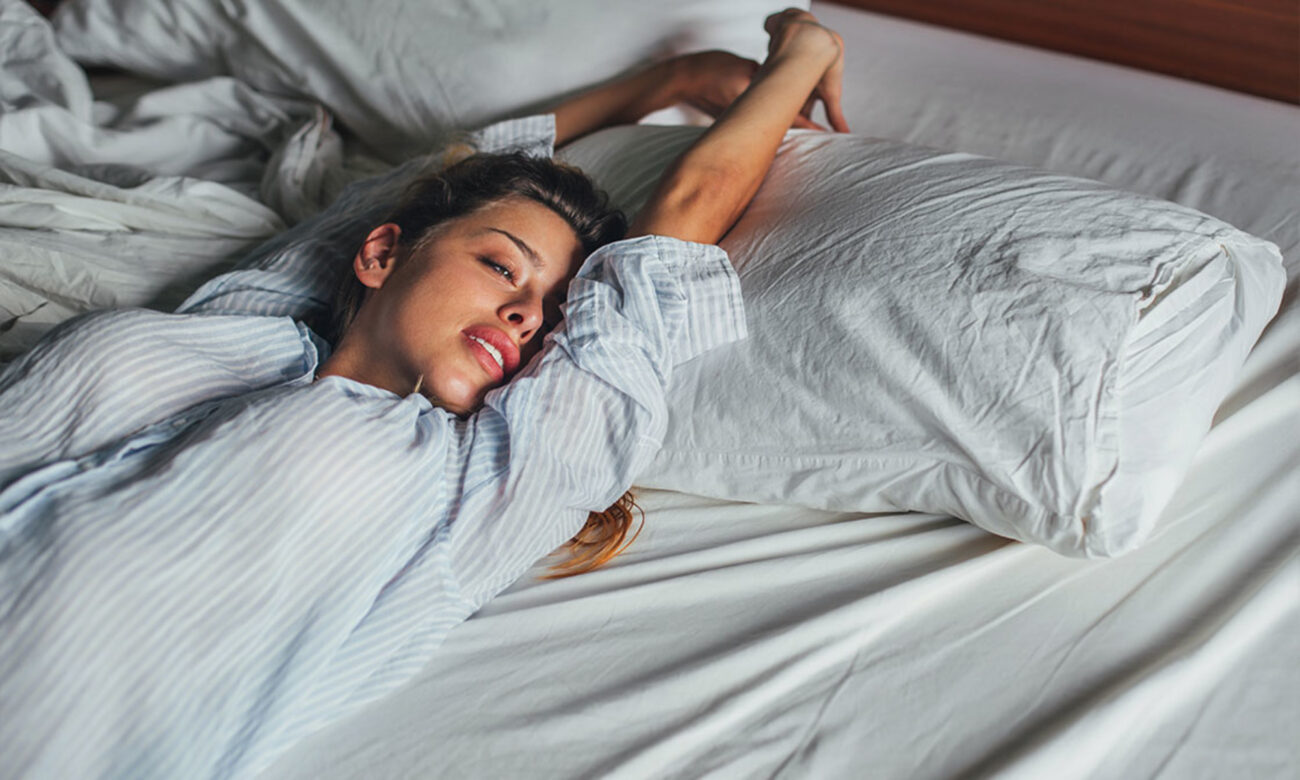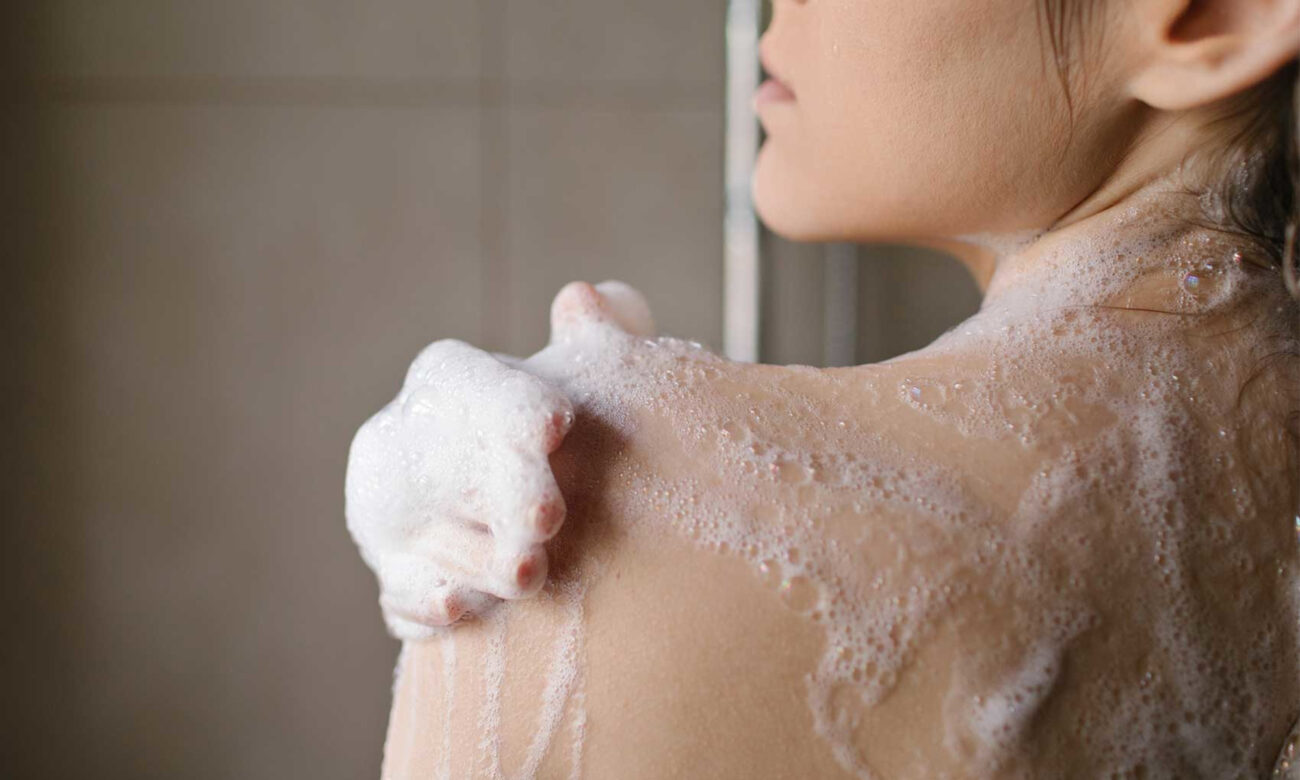Blog
Your morning shower is ruining your nighttime sleep, says expert — here’s why
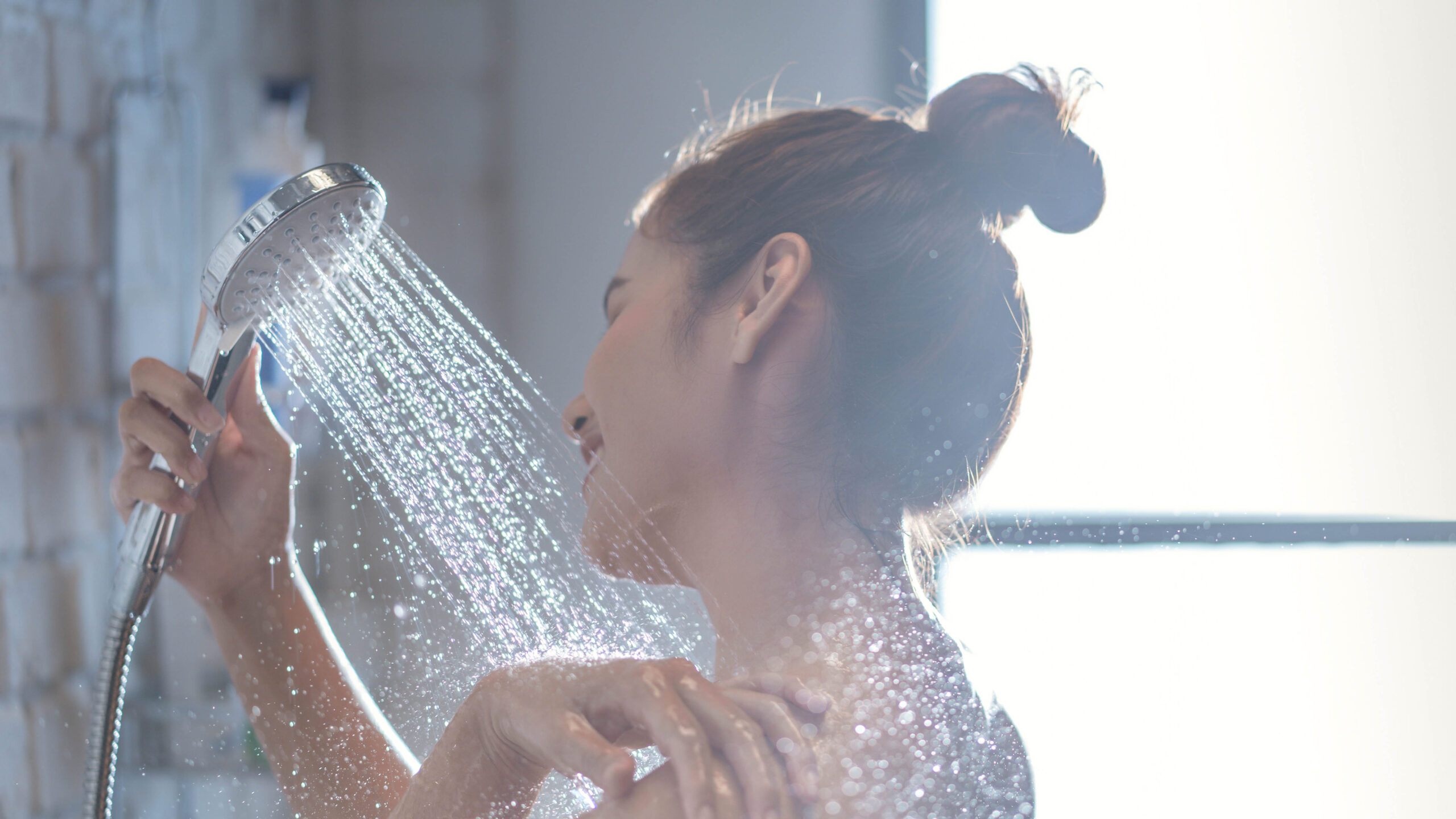
There’s nothing like a refreshing shower in the morning to kickstart your day. However, if you’re struggling to sleep this summer, that step in your morning routine may be to blame.
Yes, while 60% of Americans like to shower in the morning, NHS physician Dr Tim Mercer at Opera Beds says it may be wise to switch to an evening shower to improve your sleep.
And, no, it’s not because a nice, warm shower before bed is relaxing.
It actually all comes down to a particular reason regarding hygiene. So, if you’re a morning showerer or prefer an evening rinse, read on to discover why your sleep hinges on your showering schedule.
How can a morning shower affect sleep?
An evening shower is better for sleep for a particular reason: allergies.
“Allergies can hit hard, especially at night,” says Dr Mercer. “For many, that means disrupted sleep, itchy eyes, and endless sneezing.”
Mercer explains that we collect allergens such as pollen or dust mites throughout the day, so you’re likely taking all these allergens to bed with you by not showering in the evening.
“Pollen also clings to clothes, hair, and bedding, creating an invisible storm of irritation,” the physician says. “You can shower before bed to wash off pollen, stopping it from transferring to your pillow.”
For more advice about allergies and sleep read our guide on how to sleep with allergies.
3 tips to shower in the evening for better sleep
1. Adjust the temperature
If you’re debating whether a hot vs cold shower is better for sleep, research and sleep experts tend to lean towards warm.
A 2019 review of 13 studies found a warm bath or shower between 40 and 42.5 °C improved sleep quality and efficiency.
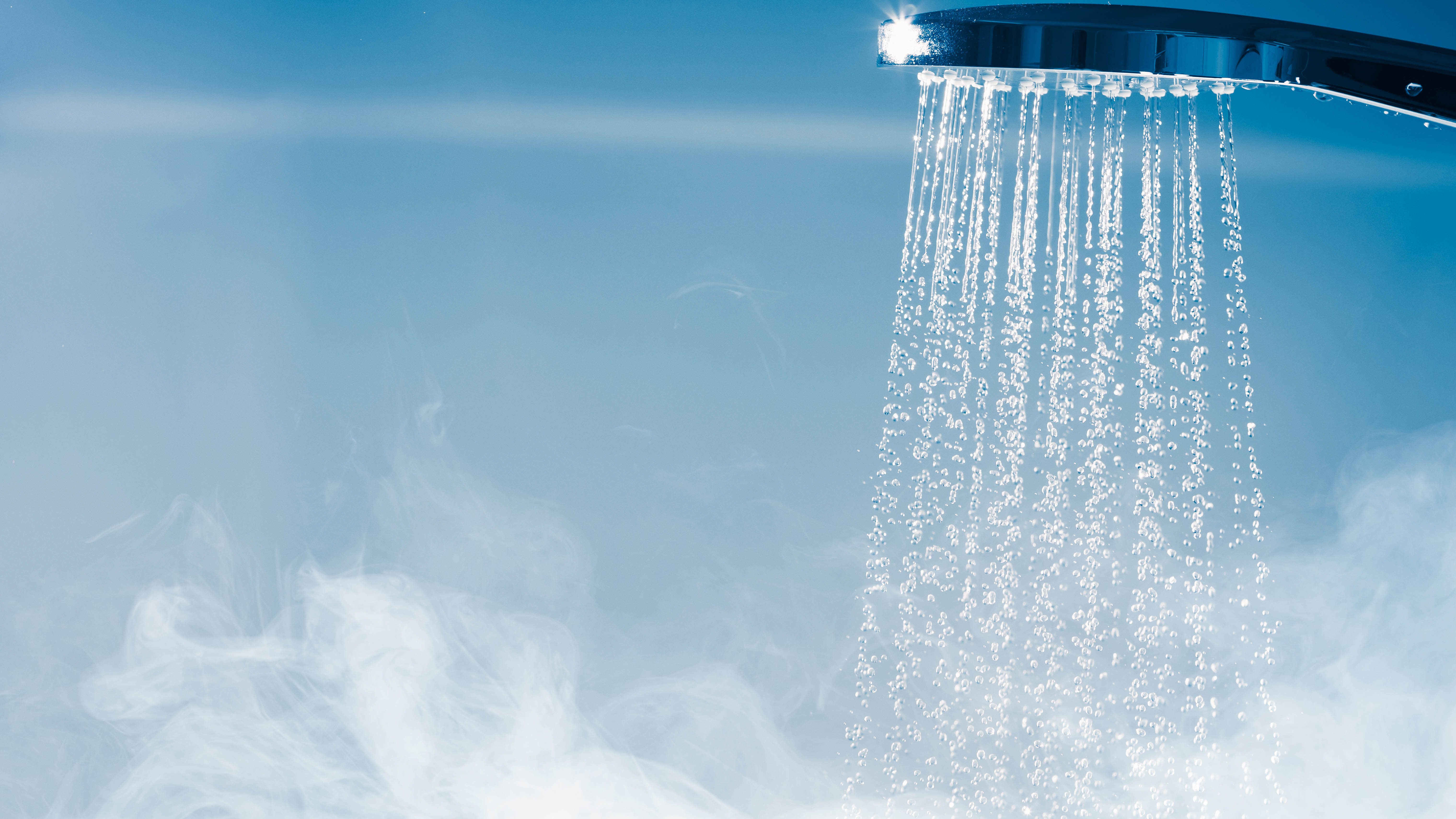
“A warm shower taken one to two hours before bedtime triggers vasodilation (blood vessel expansion) in your extremities, which helps dissipate core body heat more efficiently afterward,” Dr. David Rosen, medical director at sleep apnea treatment company Complete Sleep, recently told Tom’s Guide.
“This enhances your natural temperature drop.”
2. Time it right

While a warm shower can prepare you for bed, showering too close to your bedtime may actually ruin your sleep.
Like Dr Rosen mentioned above, try to shower around one to two hours before shuteye.
3. Try relaxing shower scents
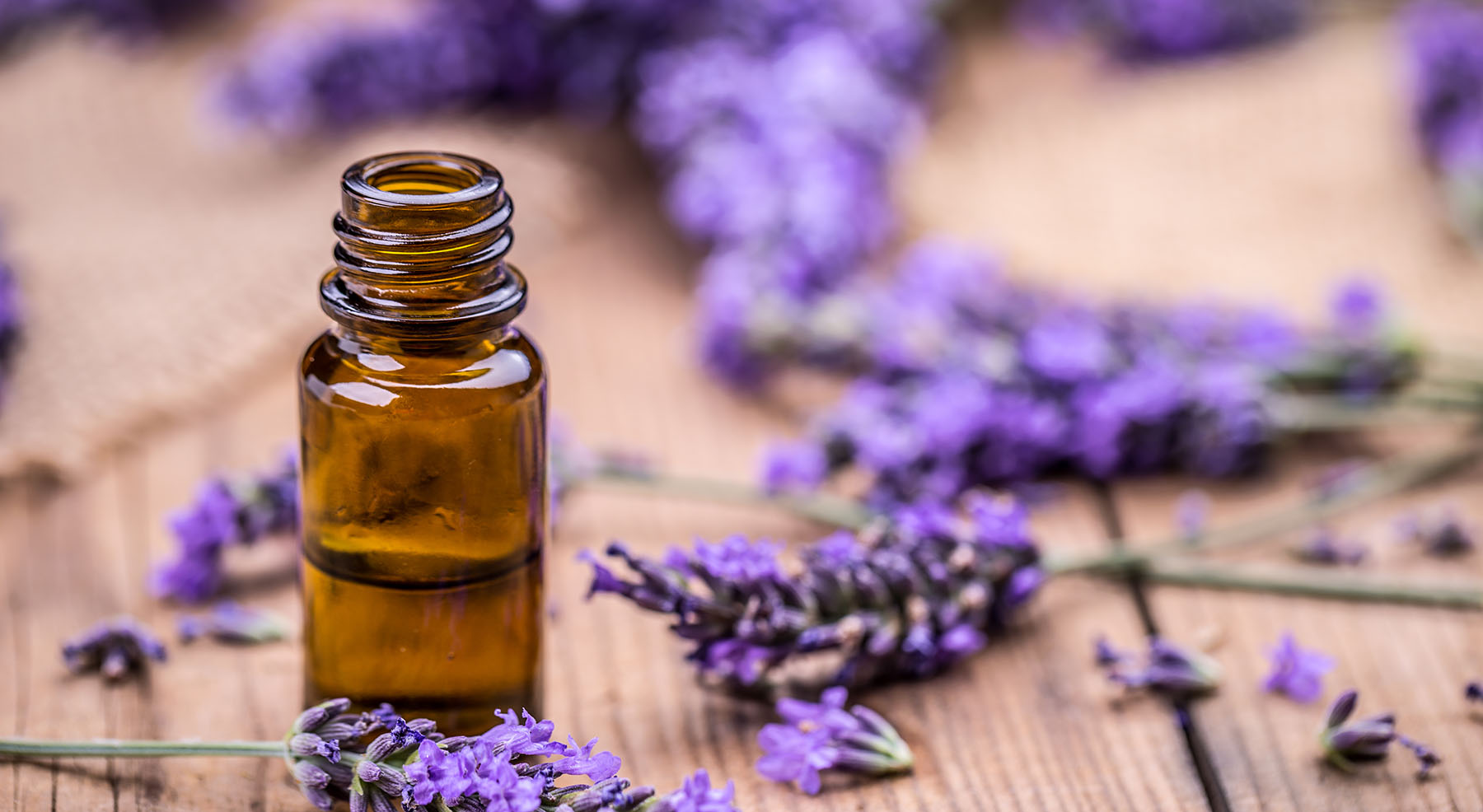
Studies have shown that aromatherapy can improve sleep and relaxation, so try incorporating soothing scents into your evening shower.
You can introduce relaxing scents through soaps or even shower mists, selecting products with calming fragrances such eucalyptus (which research shows can reduce congestion and sleep apnea) and lavender (studies show it increases quality of sleep and reduce anxiety).


